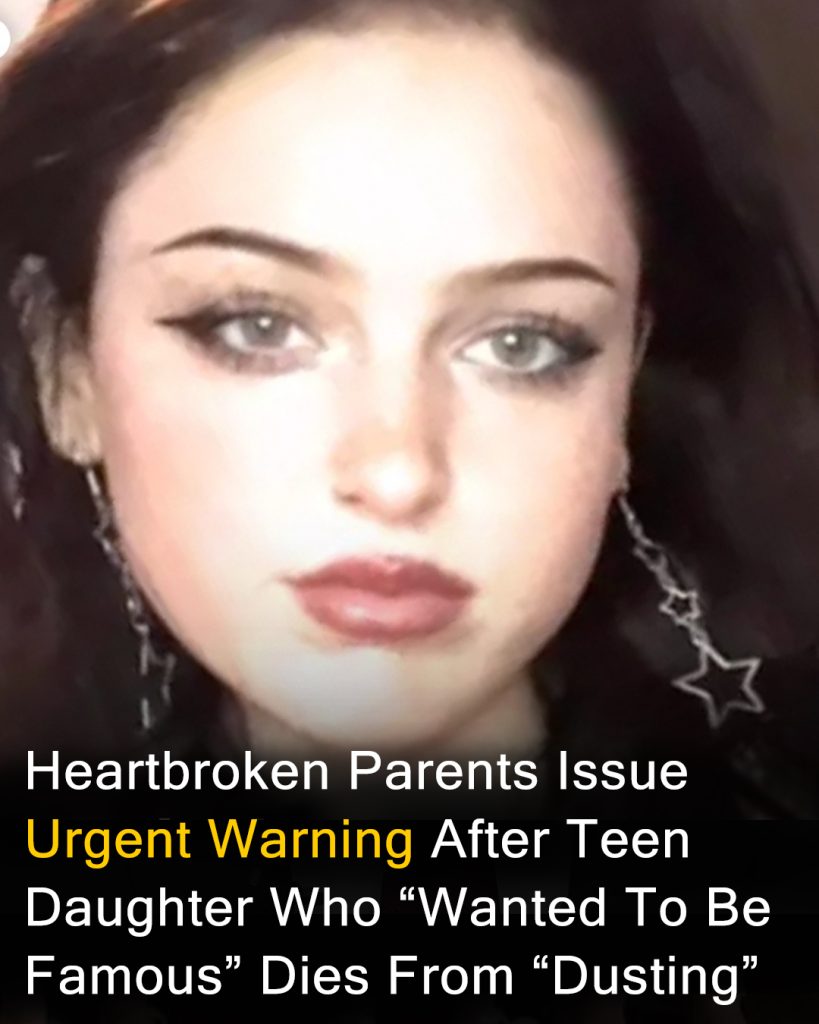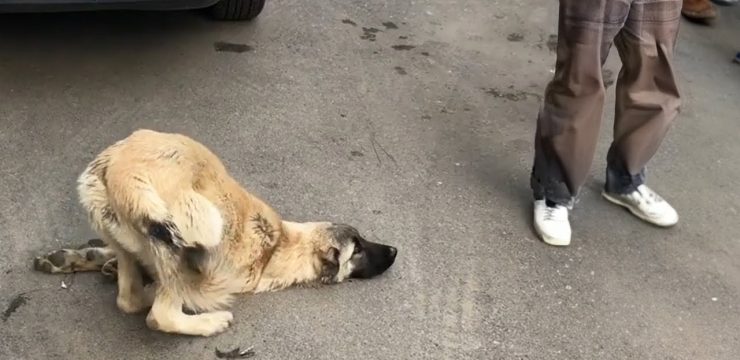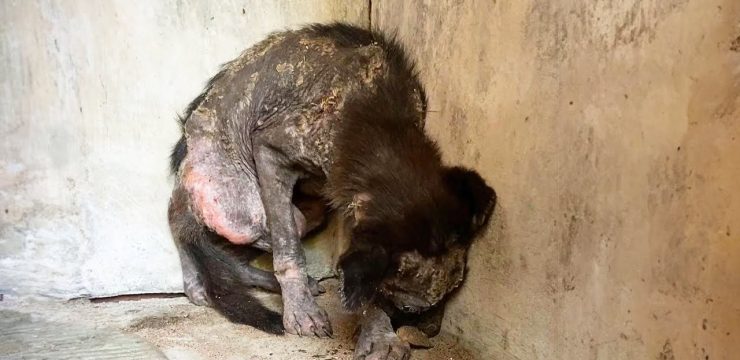Renna O’Rourke was just 19 years old when her life came to a sudden and tragic end. What began as a seemingly innocent attempt to take part in a trending challenge on social media turned fatal, leaving her family heartbroken and searching for answers. Renna’s parents, Aaron and Dana O’Rourke, are now speaking out to warn others about the devastating consequences of a practice known as “dusting,” in hopes that their daughter’s story can help prevent future tragedies.

Renna had big dreams. She often told her father, “I’m going to be famous, Dad. Just you watch.” Those words now echo painfully in the hearts of her family, as her path to fame came not through her aspirations or talents, but through the media coverage of her untimely death. She was described as vibrant, caring, and full of life. Her father remembered her love for singing and the way her laughter could fill a room. “She lit up every space she walked into,” he said.
The events that led to her death began with a delivery. Renna and her boyfriend used DoorDash to order aerosol keyboard cleaner to her family’s home in Tempe, Arizona. Her mother, Dana, was completely unaware of what had been delivered or what was about to happen. The canister of keyboard cleaner, though seemingly harmless, was about to become the cause of an unimaginable tragedy. After inhaling the contents in an attempt to experience a quick high, Renna went into cardiac arrest. Emergency responders rushed her to the ICU, but despite the best efforts of medical staff, she remained unconscious. A week later, doctors declared her brain-dead.
The practice of “dusting,” also known as “chroming” or “huffing,” involves inhaling chemical vapors from household products—such as aerosol sprays—to induce a brief, intense high. Though it might sound like a harmless experiment to some teens, medical experts warn that the effects can be immediate and lethal. The Cleveland Clinic emphasizes that inhaling these fumes can result in sudden heart failure, even after just one attempt.
Renna’s parents are now channeling their grief into advocacy. They want other families—especially parents of teenagers—to understand how easy it is for children to access these dangerous substances. “There’s no ID required. It’s odorless. It’s everything kids look for,” Dana O’Rourke said in an interview with AZ Family. “They can afford it. They can get it. And it doesn’t show in mom and dad’s drug test.”
This hidden nature of inhalant abuse makes it especially dangerous. Many parents may not even realize it’s happening until it’s too late. Dana issued a direct and urgent plea to other parents: “Don’t take your kid’s word for it. Dig deep. Search their rooms. Don’t trust—and that sounds horrible—but it could save their life.” Her words reflect the harsh reality that sometimes, parental instincts must override blind trust in order to protect a child’s well-being.
To help with medical expenses, funeral costs, and to support their growing campaign to educate others, the O’Rourke family launched a GoFundMe page. The fundraiser initially set a goal of \$5,000, but the response has been overwhelming. Over \$12,000 has been raised, a testament to how many people have been moved by Renna’s story and the urgency of the cause her family has taken up.
Although the trend of dusting has gained recent visibility due to viral social media videos, the issue of inhalant abuse is not new. In fact, it has a long and troubling history. CNN reports that the number of adolescents aged 12 to 17 who reported using inhalants fell from 684,000 in 2015 to 564,000 in 2022. However, medical professionals warn that this downward trend may be reversing.
Dr. Betty Choi, a pediatrician interviewed by CNN, explained that while inhalant use saw a decline over two decades following its peak in the 1990s, it now appears to be resurfacing among today’s youth. One reason, she notes, is the easy availability of these substances. Most are cheap, commonly found in household products, and don’t raise immediate suspicion. “Chroming can become addictive when it’s done repeatedly,” Dr. Choi said. “What starts as experimentation can quickly evolve into a dangerous habit.”
The effects of inhalant abuse can mimic intoxication—dizziness, slurred speech, and a sense of euphoria—but repeated use comes with serious health consequences, including long-term brain damage, liver and kidney issues, and the possibility of sudden death. In Renna’s case, it took just one incident to alter the course of her life forever.
Her story is a painful but powerful reminder of the risks that many young people face in today’s digital age. The allure of internet fame, combined with peer pressure and a sense of invincibility, can lead teens to make choices with irreversible consequences. The O’Rourke family is determined to ensure that Renna’s death is not in vain. They hope that by sharing her story, they can reach other families and inspire them to have open and honest conversations about the dangers of inhalant use.
They are also advocating for stricter regulations on the sale of aerosol products to minors and more public education about the signs of abuse. Their mission is one of prevention, rooted in love and loss. “We just want to make sure this doesn’t happen to someone else’s child,” Aaron said.
Renna’s legacy may not be the kind of fame she once imagined, but it has the power to change lives. Her parents hope that through awareness, education, and honest dialogue, other teens will think twice before trying something dangerous for attention or curiosity. And they want parents to know that vigilance can make all the difference. Her laughter, her dreams, and her life may have been cut short—but through her story, her voice continues to echo, warning others, and hopefully, saving lives.





